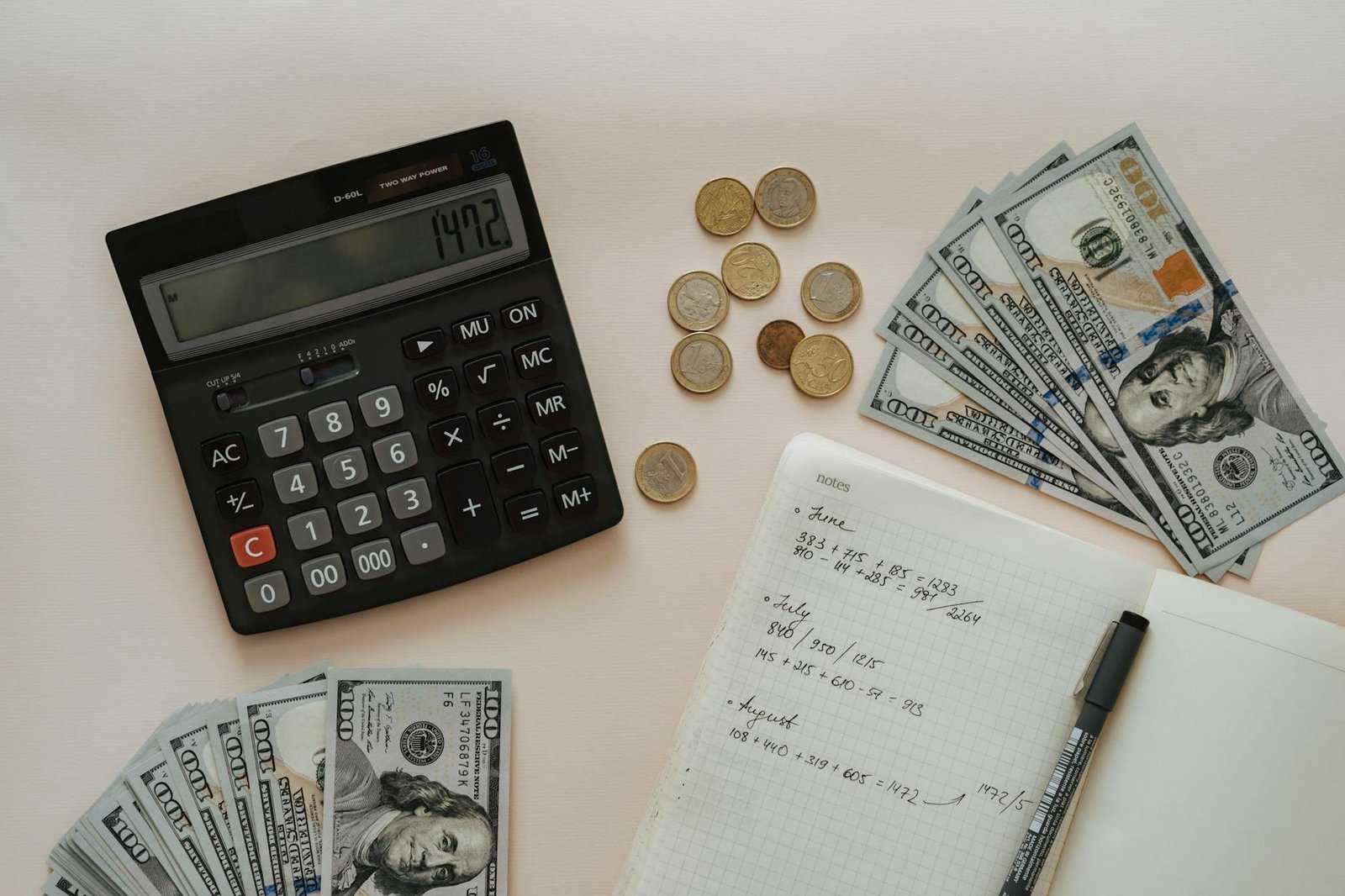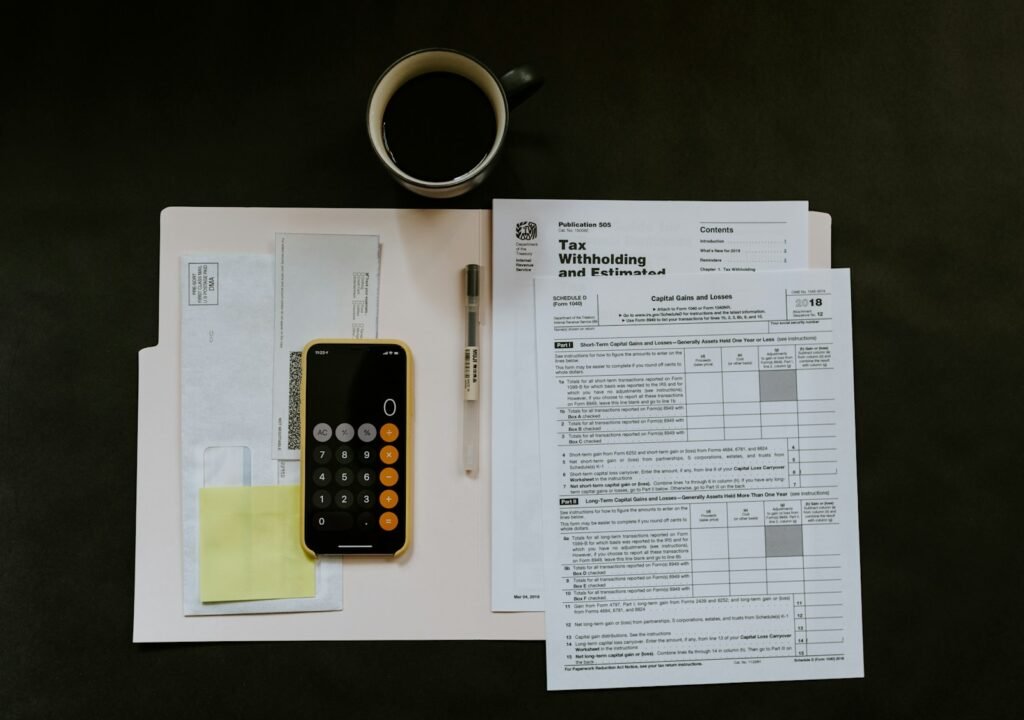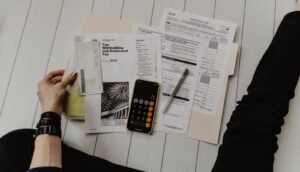
Understanding Fixed vs Variable Expenses With Best Examples
Table of Contents
Understanding Fixed vs Variable Expenses With Best Examples

Introduction
When it comes to managing your finances effectively, one of the key factors to consider is the distinction between fixed and variable expenses. Understanding the difference between these two types of expenses can help you make better financial decisions, budget more effectively, and ultimately achieve your financial goals. In this in-depth guide, we will explore the concept of fixed vs variable expenses, provide examples of each, and discuss how you can optimize your budget by analyzing and managing these costs carefully.
What are Fixed Expenses?
Fixed expenses are costs that remain the same each month and are essential for maintaining your standard of living. These expenses are usually recurring and typically do not fluctuate in amount. Examples of fixed expenses include rent or mortgage payments, car payments, insurance premiums, and subscription services.
One of the key characteristics of fixed expenses is that you have little control over their amount, as they are often contractual or set by service providers. While fixed expenses are necessary for your daily life, it is important to assess them regularly to ensure that you are not overspending on these non-negotiable costs.
Examples of Fixed Expenses:
- Rent or Mortgage Payments
- Car Payments
- Insurance Premiums (Health, Life, Auto, Homeowners)
- Subscription Services (Netflix, Spotify, Gym Memberships)
- Utility Bills (Electricity, Water, Gas)
What are Variable Expenses?
Variable expenses, on the other hand, are costs that can fluctuate from month to month based on your choices and lifestyle. These expenses are often discretionary and can be adjusted or reduced to align with your financial goals. Examples of variable expenses include groceries, dining out, entertainment, travel, and clothing.
Unlike fixed expenses, variable expenses offer more flexibility and room for adjustment. By closely monitoring and tracking your variable expenses, you can identify areas where you may be overspending and make changes to your spending habits accordingly.
Examples of Variable Expenses:
- Groceries
- Dining Out
- Entertainment (Movies, Concerts, Events)
- Travel (Flights, Hotels, Transportation)
- Clothing and Personal Care Products
Managing Fixed vs Variable Expenses:
To effectively manage your fixed and variable expenses, it is important to create a detailed budget that accounts for all your costs. Start by identifying your fixed expenses and listing them out to calculate the total amount you need to cover each month. This will give you a clear picture of your non-negotiable expenses and help you prioritize your spending.
Next, analyze your variable expenses by tracking your spending over a period of time. Use tools like budgeting apps or spreadsheets to categorize and monitor your variable costs. Look for patterns and trends in your spending habits to identify areas where you can cut back or reallocate funds to savings or other financial goals.
Bonus: Understanding Fixed, Variable and Periodic Expenses – Take Charge America
Watch this video on YouTube: https://www.youtube.com/watch?v=1CwJ5lQKemA
Conclusion:
In conclusion, understanding the difference between fixed and variable expenses is crucial for effective financial management. By recognizing the distinction between these two types of costs, you can make informed decisions about your spending, budget more effectively, and work towards achieving your financial objectives. Remember to regularly review and adjust your budget to account for changes in your expenses and ensure that your finances are on track.
Take control of your finances by mastering the skill of managing fixed vs variable expenses, and watch as you become more empowered to reach your financial goals with confidence and clarity. By being mindful of your spending habits and making intentional choices about where your money goes, you can create a solid financial foundation for a secure and prosperous future.
So, start today by assessing your fixed and variable expenses, aligning them with your financial goals, and taking steps to optimize your budget for success! Your financial well-being is in your hands – take charge and make the most of your money.
Explore more in Personal Finance for Beginners








